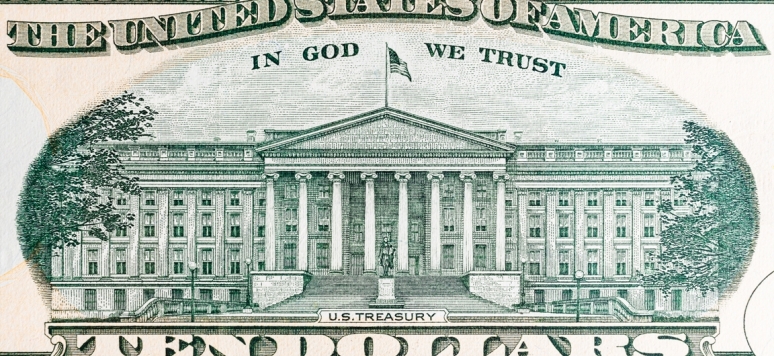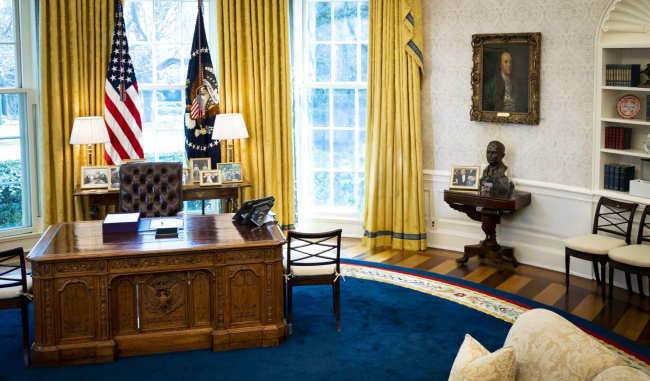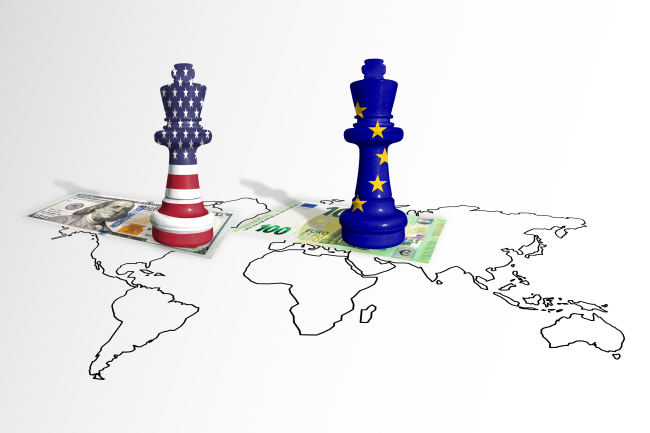Comply or die ? Les entreprises face à l’exigence de conformité venue des États-Unis
The United States has developed a vast body of legal regulations with extraterritorial application in order to tackle corruption on the international stage and to pursue companies that do not abide by the trade embargoes demanded by U.S. foreign policy.

The main text regarding corruption is the Foreign Corruption Protection Act (FCPA) of 1977. Embargoes are supervised by the Office of Foreign Assets Control (OFAC), an agency of the U.S. Department of the Treasury. They are either imposed on countries and individuals, or ban specific items, on the basis of ad hoc laws and regulations such as ITAR (International Traffic in Arms Regulation) and EAR (Export Administration Regulation).
Since 1998, the American justice system has extended the definition of the link that binds a foreign actor to the United States (the nexus) and constitutes the legal basis for prosecution. If the use of the U.S. dollar represents the most frequent nexus, present-day criteria include the employment of an American citizen, participating in a meeting in the U.S. or sending an email through a server located in the United States. The simple use of American software may soon also be considered a nexus.
French and European companies have often been sued and fined in recent years. Could the U.S. “legal soft-power” have underlying economic and strategic objectives? This would appear very inequitable given that Russian and Chinese companies are not being prosecuted… Furthermore, a majority of legal cases are actually solved through transactions (i.e. Deferred Prosecution Agreements – DPA), a way of escaping expensive and uncertain trials, at the expense of obtaining a true legal verdict.
In response, Europeans have started to adopt their own regulations. In France, the Sapin 2 law of December 2016 establishes an obligation for French companies to develop their own compliance rules against corruption. This evolution could result in a decrease in legal action from the United States.
The observance of U.S.-imposed embargoes, for its part, depends on diplomatic developments. While the signature of the JCPOA (Joint Comprehensive Plan of Action) appeared to allow the long-awaited lifting of international sanctions against Iran, where European companies are preparing to invest, the change of attitude of the U.S. administration since the election of Donald Trump is a real game-changer.
This content is available in French: "Comply or die ? Les entreprises face à l’exigence de conformité venue des États-Unis"
Related centers and programs
Discover our other research centers and programsFind out more
Discover all our analysesDonald Trump v. the States: the Case of New York
While the disruptive policies of the second Trump administration are being implemented at the federal level and on the international stage, they are also being felt in the federal states and major cities across the country. In the spring of 2025, several cases involving the state and city of New York demonstrate that the president’s attacks on environmental protection, the separation of powers, freedom of speech, etc., are also being carried out at the local level.
How the US under Trump Became a Strategic and Ideological Adversary of Europe
The Europeans' worst security nightmare seems to be coming true: on Tuesday, February 18, 2025, U.S. Secretary of State Marco Rubio and Russian Foreign Minister Sergey Lavrov met in Saudi Arabia to initiate the normalization of relations between their two countries. The meeting also aimed to set up peace negotiations for Ukraine. However, despite having the potential to affect the entire continent, the discussions took place without the Europeans or the Ukrainians being present.
Will Trumpian Authoritarianism Lead to a Constitutional Crisis?
Since his return to the White House on January 20, 2025, President Donald Trump has signed around sixty executive orders to implement his political agenda. Numerous other measures have also been introduced by the White House and the new Department of Government Efficiency (DOGE) as part of these orders.
Trump’s Second Term: Laying the Groundwork for a New Trade War
In a statement released on February 1, 2025, President Trump announced the implementation of a 10% tariff on Chinese goods and a 25% tariff on imports from Canada and Mexico. While the former took effect via executive order on February 4, the latter were granted a 30-day reprieve. Sanctions targeting European Union (EU) products are said to be imminent.









